The Seattle Times
Editorial Board
AFTER two sessions of political gridlock, a bipartisan group of Washington state senators are finally getting the Legislature back on track toward passing a much-needed transportation revenue package.
That’s right, four top-ranking members of the Senate Transportation Committee, two Republicans and two Democrats have signed on to a comprehensive $15 billion, 16-year plan finally to fix ailing infrastructure and advance the economy and public safety.
The road to — and at — the governor’s desk is sure to get bumpy, but elected leaders must not let a final deal get derailed by ideological differences. They agree more than they disagree.
Out of the package’s 11 proposed bills, legislators have yet to agree on two measures related to labor costs and the state’s practice of charging itself sales taxes on construction projects. But the biggest sticking point may be the agreement’s carefully written provision to dissuade Gov. Jay Inslee from unilaterally imposing a fuel standard that would cut carbon emissions but raise gas prices further — the threat of which helped to scuttle negotiations last session. The Democratic negotiators gave on that while Republicans agreed to allow more state money to go to transit and pedestrian and bicycle improvements. That money would be diverted to roads if the governor acts on his own.
State Sens. Curtis King, R-Yakima, Steve Hobbs, D-Lake Stevens, Joe Fain, R-Auburn, and Marko Liias, D-Mukilteo, should be lauded for their efforts to jump-start the first major investment in transportation since 2005. Their next challenge is to persuade their respective caucuses to go along with a plan that includes an 11.7-cent-per-gallon gas-tax increase to be phased in over the next three years. Some funds would also come from increased truck-weight fees.
The plan is expected to generate enough revenue to invest in: six mega projects, 58 regional projects, maintenance and preservation of existing roads, the ferry system, city and county roads, transit, culverts, stormwater runoff, Washington State Patrol, and more.
After years of haggling over the project list, this package includes enough funds to complete the Highway 520 bridge, widen Interstate 405 and expand Highway 167 and Highway 509. Interstate 5 around Joint Base Lewis-McChord also would be improved.
In a nod to the populous Pierce, King and Snohomish counties, the package also includes authority for Sound Transit to ask voters for up to an estimated $11 billion in new taxes to expand the light-rail system. Advocates say that amount falls $4 billion short of their request. This is a time for everyone to compromise.
Inslee is the critical player in getting a package through. He should use his political skills to cut this transportation deal while reducing carbon emissions in other ways. King has already dropped hints about where his caucus stands: “We can work on incentives rather than implementing one [fuel standards] policy that puts our economy in jeopardy.”
The Senate Transportation Committee plans to begin public hearings Tuesday.
Now is the time for legislators to set their partisan differences aside and send bills to the House.
House leadership should separate the politics of a gas-tax increase for this transportation package from any new revenue needed to fund the operating budget.
Washington has not made a significant investment in its transportation system in a decade. Caring for roads used to be one of those government functions that lawmakers could agree was essential to the state’s economy and the quality of life of every citizen.
They must summon the will to find common ground again.

